‘It just went boom’: NZ model shows others how to capitalise on sports betting surge
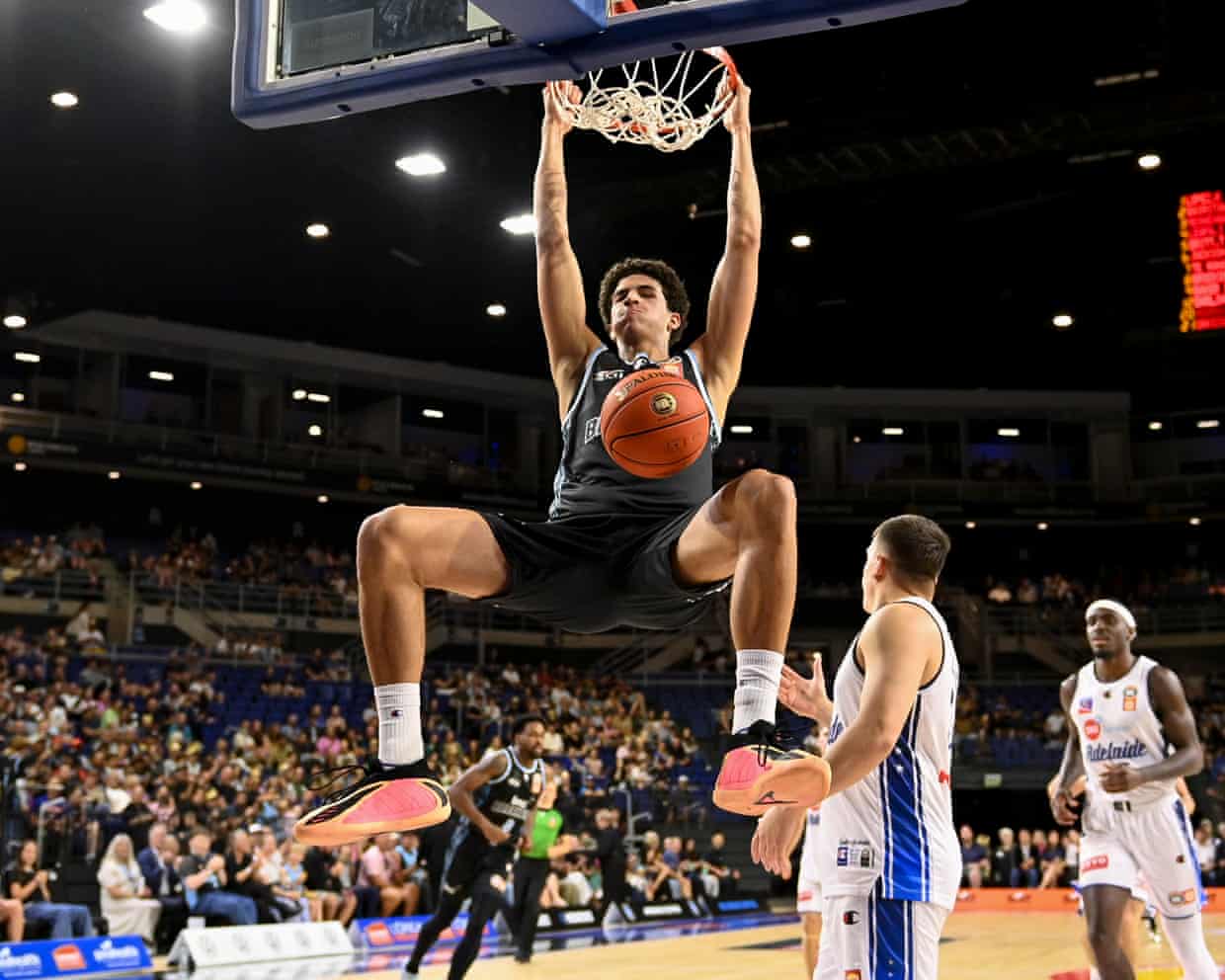
The first payment was a surprise, given it was almost double the entire annual budget of Table Tennis New Zealand.The next year, however, the money kept coming.“Over the past 18 months [Table Tennis New Zealand] has had to adapt to a set of challenges that is virtually unheard of, not just to table tennis in NZ, but among all but the largest sporting organisations,” its annual report said.It was not talking about Covid-19, which would only emerge a year later.There was no existential risk due to concussion.
There was no integrity scandal, no act of god.This problem was truly novel: “How to deal with an income source that outstrips your expectations to an extraordinary extent.”The money has kept coming.The organisation now collects more than NZ$1m per year from New Zealand’s monopoly gambling provider the TAB (reforms under way may open up the sector to online casinos), the equivalent of around $NZ1,000 for each of its 1,000 or so amateur players.Ping pong’s New Zealand administrators have tried to spend the windfall as sensibly as possible.
They have professionalised operations.Identified governance challenges.Brought on more staff.A NZ$60,000 grant program became NZ$150,000 the following year.But still the money comes.
There has been a strategic review,A new nationwide membership system,In Paris last year, Matthew Britz became the first table tennis player for New Zealand at the Paralympics in 48 years,And now, TTNZ has an investment portfolio worth more than NZ$1,7m.
Suffice to say, table tennis in New Zealand is in good financial health,Australian sporting organisations face financial challenges and, despite the growing societal concerns about the influx of online wagering and the associated integrity risks, are seeking to raise more from the sports betting boom,The AFL, the best-resourced sporting body in the country, approached wagering companies this year seeking more money under their product fee agreements, and Football Australia is currently renegotiating its own deals,The environment is different in New Zealand, where Iain Potter stewarded Basketball NZ for a decade,Potter was described as “the man who brought basketball in from the cold” by New Zealand news outlet Stuff when he stepped down as chief executive in 2022.
But he acknowledges his sport’s good fortune in being able to benefit directly from the rise in sports betting.“The revenue doubled overnight, it just went boom,” he says.A third of Basketball NZ’s take now comes from wagering.Football and tennis bodies receive millions.And, yes, even table tennis.
In the year to July, TAB NZ distributed NZ$28.5m to individual sports and Sport and Recreation New Zealand under various local laws.Potter vividly recalls comparing notes with his Basketball Australia counterparts.“It was always one of our fun conversations because it was one of those few very rare instances where the New Zealand environment had a clear advantage,” he says.“They were just gobsmacked.
I would have explained what I’ve explained to you, I would have explained it six times and every time it was just shaking heads in disbelief that we would have such an opportunity,”Gambling regulation is rarely simple, but Potter’s explanation is,In New Zealand during the 1990s, a public servant decided that racing and sporting bodies should directly receive that sport’s share of total bets received by the TAB,It took more than two decades for the full implications of that decision to play out,Today, betting on sports like football, cricket and basketball is closing on wagering on horse racing, and some of New Zealand’s sporting bodies now have balance sheets the envy of the world.
But the sports-friendly nature of the New Zealand landscape is not what makes it special,Rather, there is another twist,“Any form of basketball in the world that somebody in New Zealand bets on, New Zealand Basketball gets the benefit of that,” Potter says,“It doesn’t have to be a New Zealand basketball product,”Therein lies the reason for table tennis’s unforeseen funding.
TAB NZ has decided to offer betting on international table tennis, which increased in popularity during Covid.That led to the cash bonanza at Table Tennis NZ.Table Tennis Australia, by comparison, claimed revenue last financial year of $3.5m, with $2.2m coming from government and other grants.
Chief executive Nicole Adamson says her organisation “aims to maintain a level of distance from gambling” on table tennis.The rise of international betting on the sport has increased integrity risks, and four members of Table Tennis England were banned for match fixing earlier this year.“However the challenges of government funding and corporate sponsorships for small sports are certainly real,” Adamson said.Sign up to Australia SportGet a daily roundup of the latest sports news, features and comment from our Australian sports deskafter newsletter promotionPotter notes the money for basketball has been crucial for developing new revenue streams, aiding financial resilience, and funding measures around integrity.“The reality is revenue allows you to build in robust integrity mechanisms, integrity officers, integrity tribunals, integrity education for players, coaches and administrators,” he says.
“That is why you should actually receive some of the revenue as well, because it’s your sport, and it’s your integrity, it’s the integrity and cleanliness of your sport.”Some Australian sporting organisations such as the NRL, Cricket Australia and Tennis Australia receive millions each year in product fees, but none will see a cent from bets made on the English Super League, the Indian Premier League or the ATP Finals.At the same time, Responsible Wagering Australia (RWA), the body representing most large locally licensed betting companies, argues the Australian industry faces some of the highest tax rates in the world and pays roughly $1.9bn per year, mostly to the states.Most of the recent debate around online gambling in Australia has focused on its harms, heightened by a scathing 2023 report by Labor MP Peta Murphy, who died in the months after delivering the report.
Since then, the Albanese government has chosen not to pursue recommendations around limiting gambling advertising amid pushback from sporting codes and broadcasters.The Guardian revealed Sportsbet was invited to a Labor fundraising dinner just last month.Despite the effectiveness of the Murphy review in raising awareness of gambling harms, it didn’t consider how the money flows from gamblers, to betting companies, to governments and through to sports, a system that in Australia remains opaque.Potter says it would be preferable for the sports to get money from wagering companies directly, not in an ad-hoc manner through the government.“But of course, that would be money that wouldn’t then be going somewhere else, and in Australia there’s a pretty strong and fierce racing lobby,” he says.
“They wouldn’t want to see their ticket clipped.”In New South Wales, 33% of the money the state government raises through its resident betting tax is returned to the local racing industry.In Victoria, the share is 50%.There are no such provisions to direct payments to sporting codes.While in Australia the wagering debate rolls on, in New Zealand the money keeps rolling in.
Potter agrees that perhaps Table Tennis NZ is overfunded but, ultimately, his country’s policy intention is justified,“There will be hundreds and hundreds of millions of dollars being wagered in Australia on the NBA and Basketball Australia gets no benefit from that,Now some people would say, ‘well, they shouldn’t get any benefit because it’s an offshore product, and what do they do?’,” he says,“Well, they’ve created an interest in basketball, that interest in basketball sometimes manifests itself in wagering on basketball products,So why should someone else just be the beneficiary of that?”
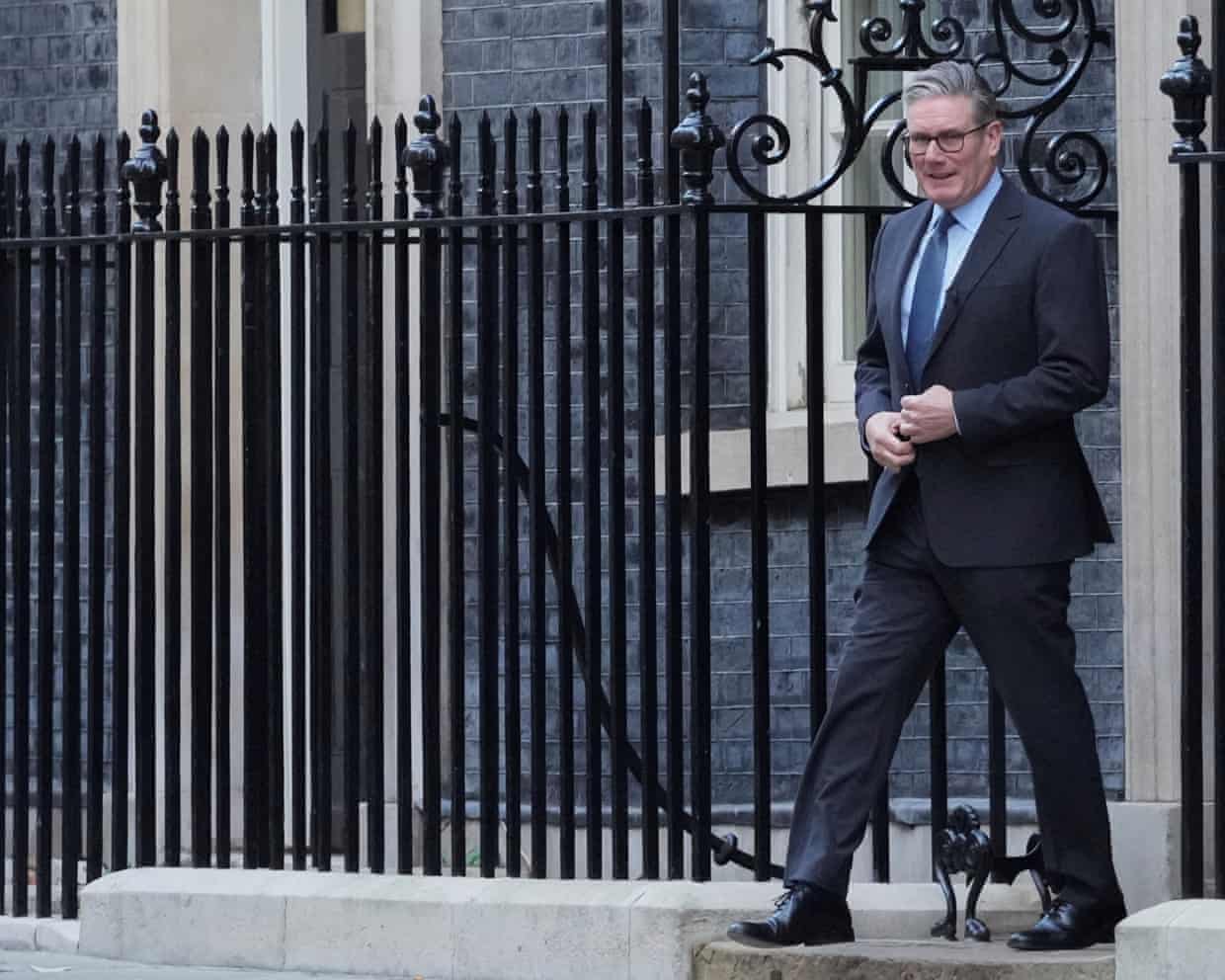
Starmer pleads for government to unite in fightback after difficult week
Keir Starmer has warned senior ministers and officials to stop briefing against one another and leaking details of the budget as he pleaded for his embattled government to unite.The prime minister told his weekly cabinet meeting that last week’s political turmoil had distracted from voters’ priorities, and ministers needed to work together and start delivering rather than talking about the government itself.His warning came after a turbulent week during which his government was engulfed by accusations of briefing against the health secretary, Wes Streeting, and reports of a major pre-budget U-turn.The prime minister’s spokesperson said on Tuesday: “He said distractions meant our focus shifted from where it mattered most, working every day in the service of the British people.“The prime minister said next week’s budget would prioritise rebuilding the economy, showing what the government stands for
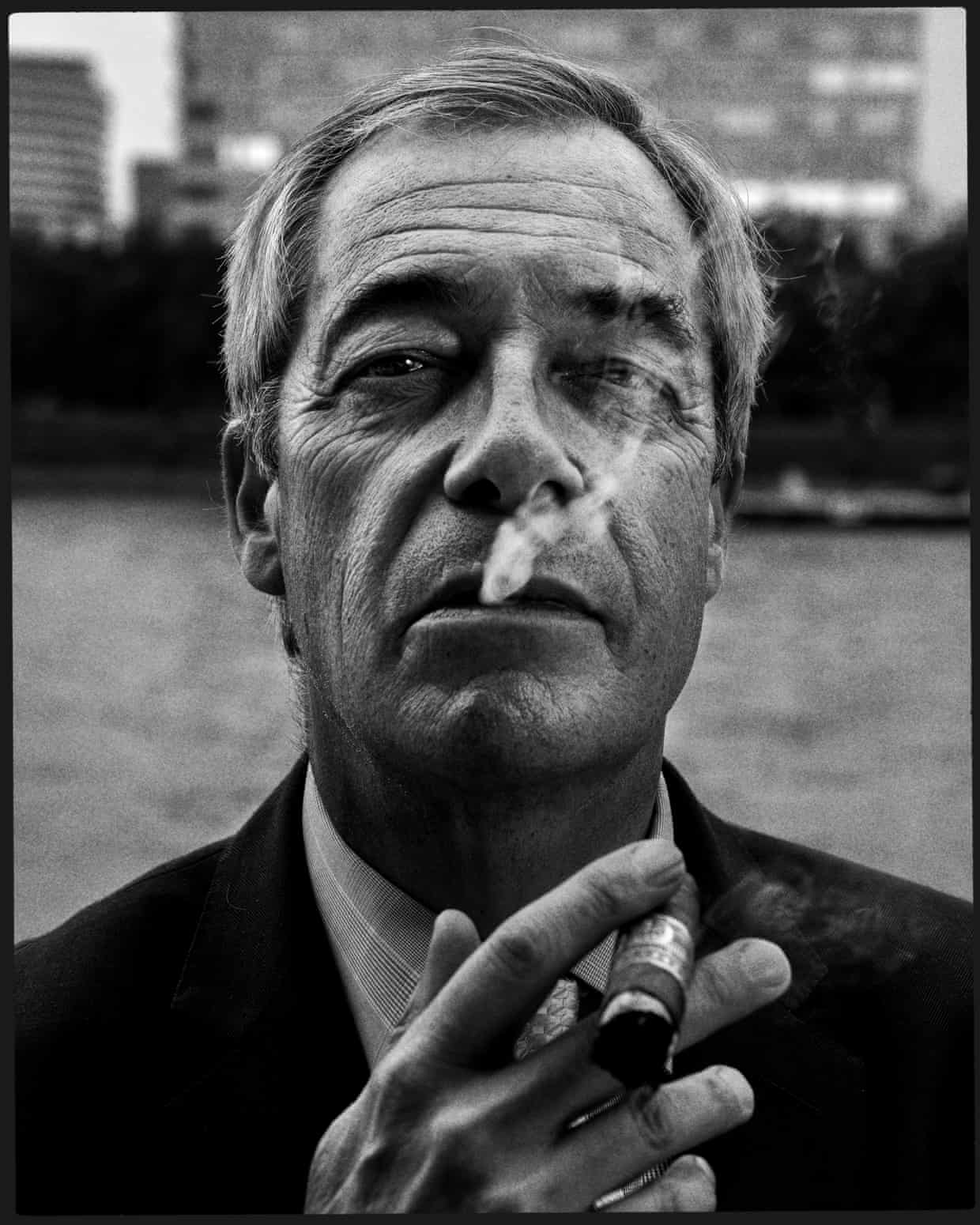
‘Deeply shocking’: Nigel Farage faces fresh claims of racism and antisemitism at school
It is the hectoring tone, the “jeering quality”, in Nigel Farage’s voice today that brings it all back for Peter Ettedgui. “He would sidle up to me and growl: ‘Hitler was right,’ or ‘Gas them,’ sometimes adding a long hiss to simulate the sound of the gas showers,” Ettedgui says of his experience of being in a class with Farage at Dulwich college in south London.Ettedgui, 61, is a Bafta- and Emmy-winning director and producer whose credits include Kinky Boots, McQueen and Super/Man: the Christopher Reeve Story.Back then he was a 13-year-old boy at a loss as to how to handle what he describes as a sudden and inexplicable intrusion of antisemitism in his life.This is the first time Ettedgui has spoken in such detail of his alleged experiences, but he is not the only one
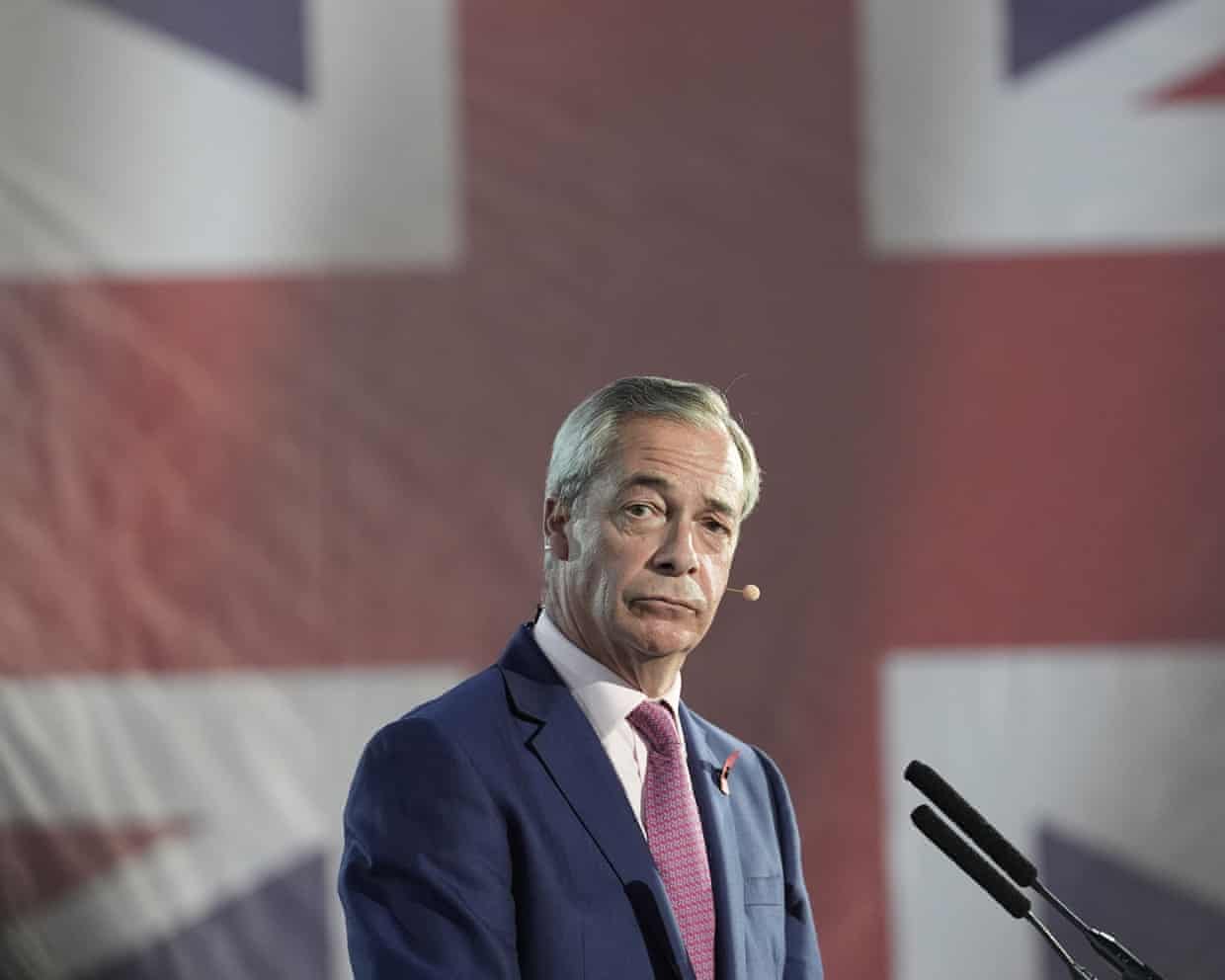
Most Reform UK voters would back wealth tax on very rich, poll suggests
Most potential Reform UK voters would back a one-off wealth tax on the very rich, polling suggests, with about three-quarters supporting windfall taxes on energy companies and banks.The figures, compiled by the Best for Britain thinktank ahead of next week’s budget, indicate that Nigel Farage might be out of step with many of his supporters.Farage has consistently pushed back against the idea of a wealth tax, arguing that higher earners and other rich people should not be targeted in case it makes them more likely to leave the UK.And while Farage is often critical of big business, the only plan for a windfall tax set out by Reform so far involves targeting renewable energy companies.According to a survey of more than 3,000 people who are considering voting for Reform, carried out by YouGov, 61% would support a one-off tax on UK households with net wealth above £10m
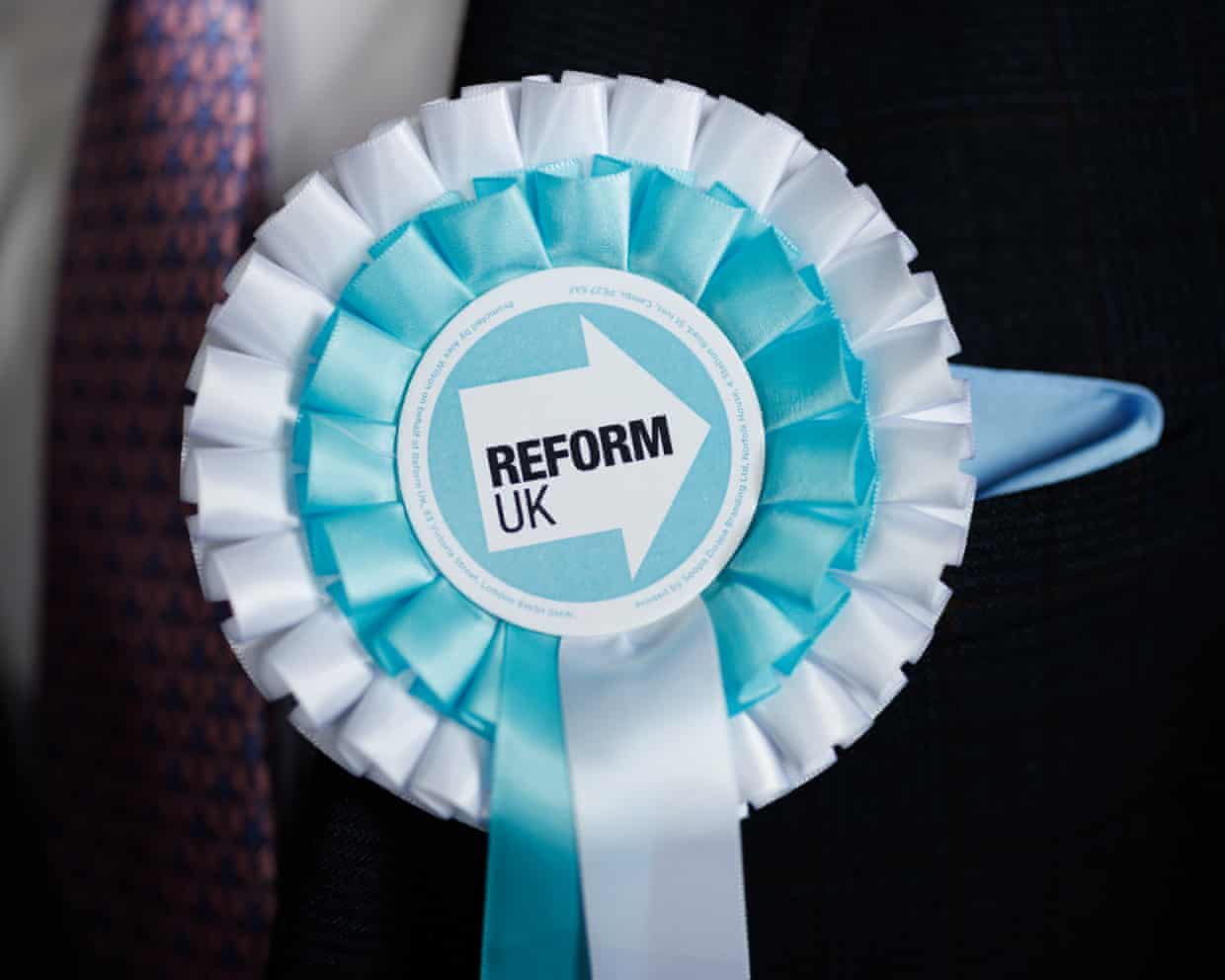
Reform would ‘cut benefits for EU nationals and hike NHS immigration surcharge’
A Reform UK government would block EU nationals from receiving universal credit, a move that would rip up the post-Brexit trade deal with Europe and risk potential retaliation from Brussels.It is among several proposals that will be announced by Nigel Farage at a press conference on Tuesday. The party claims its measures would save £25bn a year in total – enough to cover the supposed shortfall faced by Rachel Reeves in next week’s budget.Other proposed cost savings would involve cutting overseas aid to a maximum of £1bn a year – a 90% reduction from the current level of 0.3% of national income – and almost tripling the NHS surcharge paid by non-UK residents
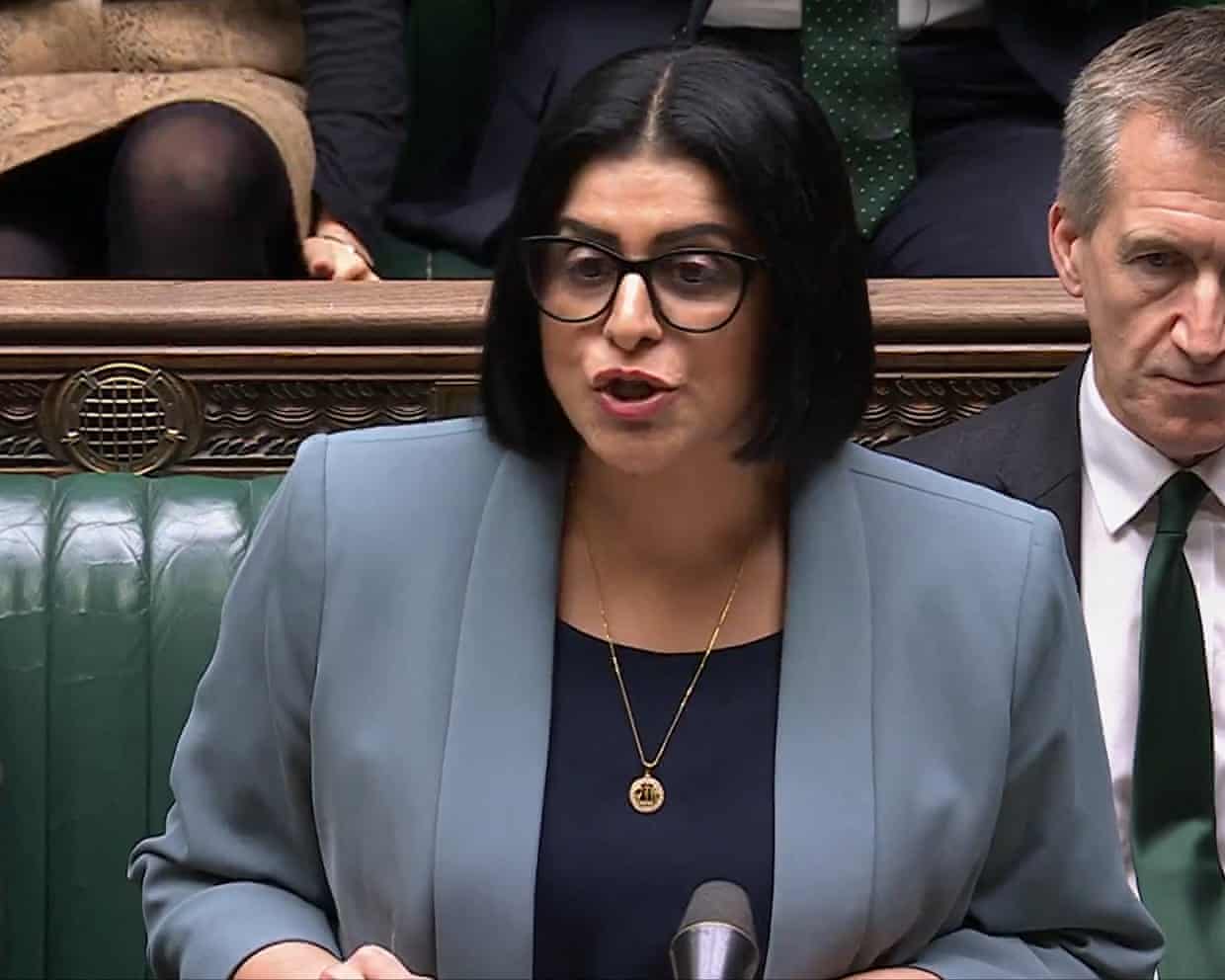
Reform MP invites Mahmood to join his party, saying he ‘welcomes’ and ‘recognises’ her rhetoric – as it happened
Shabana Mahmood, the home secretary, is making her statement to MPs.Before she started, Caroline Nokes, the deputy speaker, criticised the Home Office for releasing so much information about the policy before the statement to the Commons.She says Labour strongly criticised the last government when they pre-announced information in this way.Mahmood that the asylum system feels “out of control and unfair” to members of the public.She says if the government does not bring the asylum system under control, there will be more hatred

Shabana Mahmood puts the signs up: Britain is full. No blacks, no dogs, no Irish
Shabana Mahmood was in a determined frame of mind. It was time to get serious. No more Mr Nice Guy stuff when dealing with illegal immigrants. Not that there was anything like a legal immigrant as far as she was concerned. The only good migrant was a deported migrant
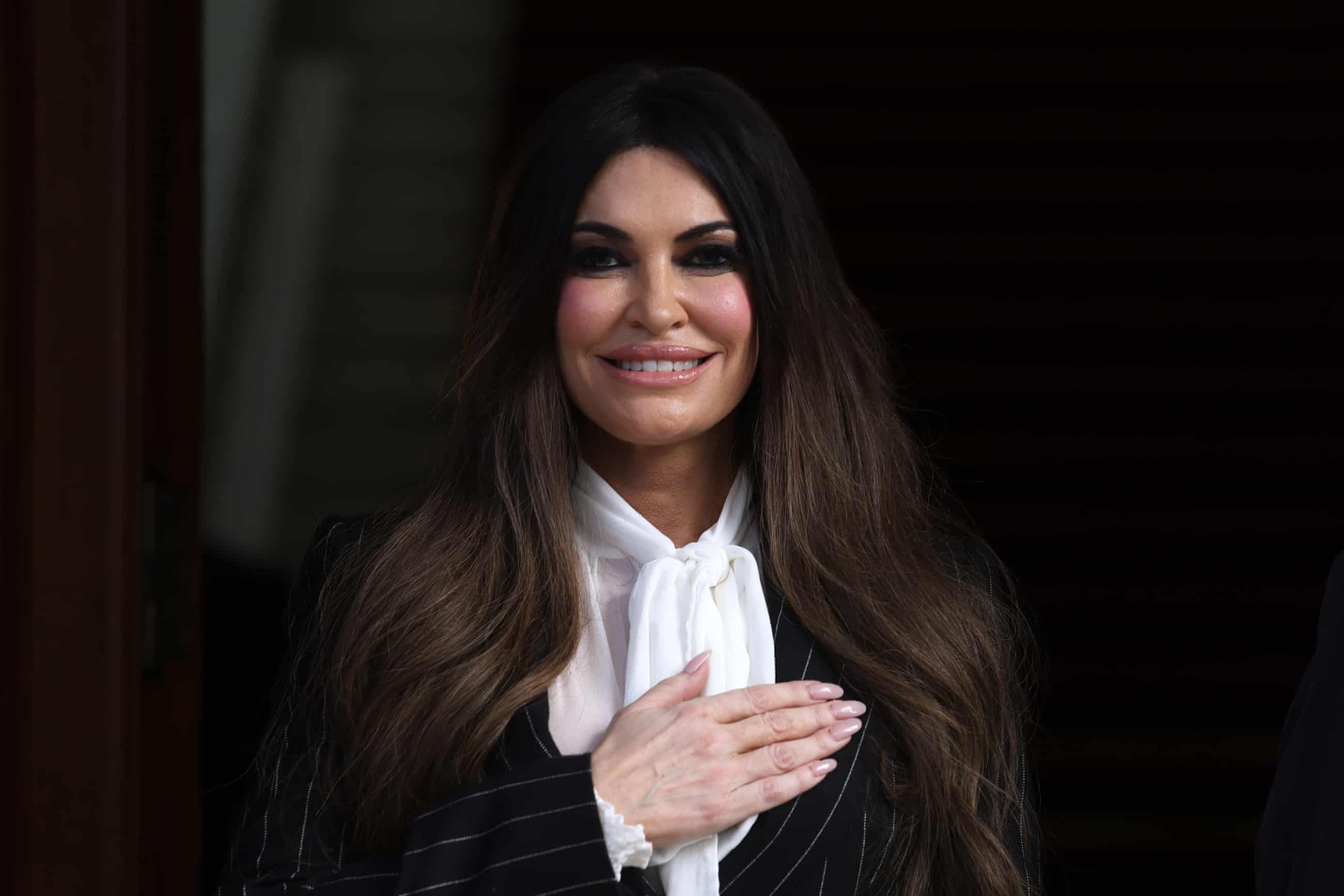
Plastic surgeons wrestle with requests for ‘Mar-a-Lago face’: ‘You’re going to look like Maleficent’
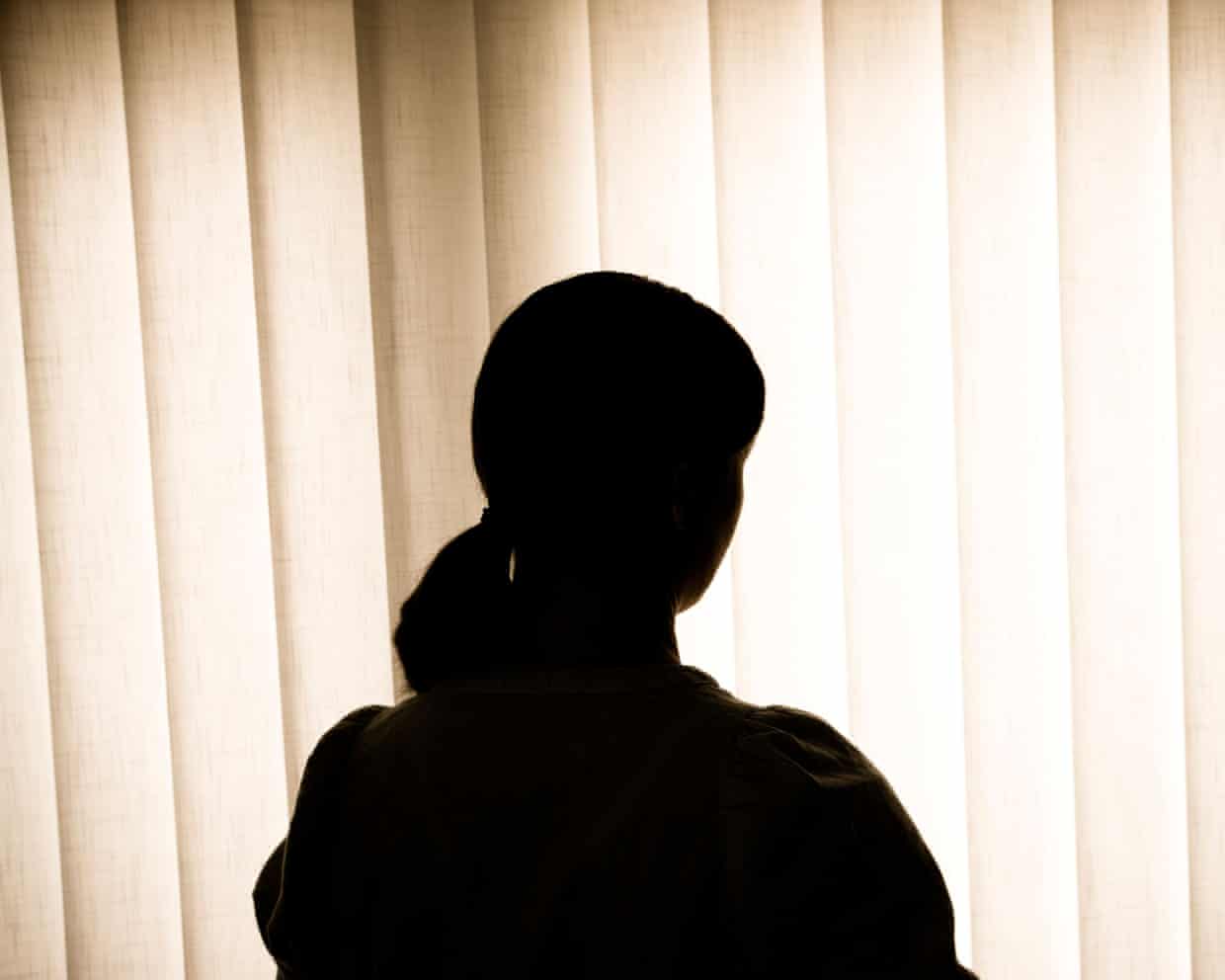
‘I knew I was starting to have a seizure’: women describe lasting effects of being ‘choked’ during sex

Nearly half of sexually active young people in UK have experienced strangulation, study shows

Children in care who lash out may no longer face automatic arrest under UK review

Woman killed herself after south London hospital neglect, coroner concludes
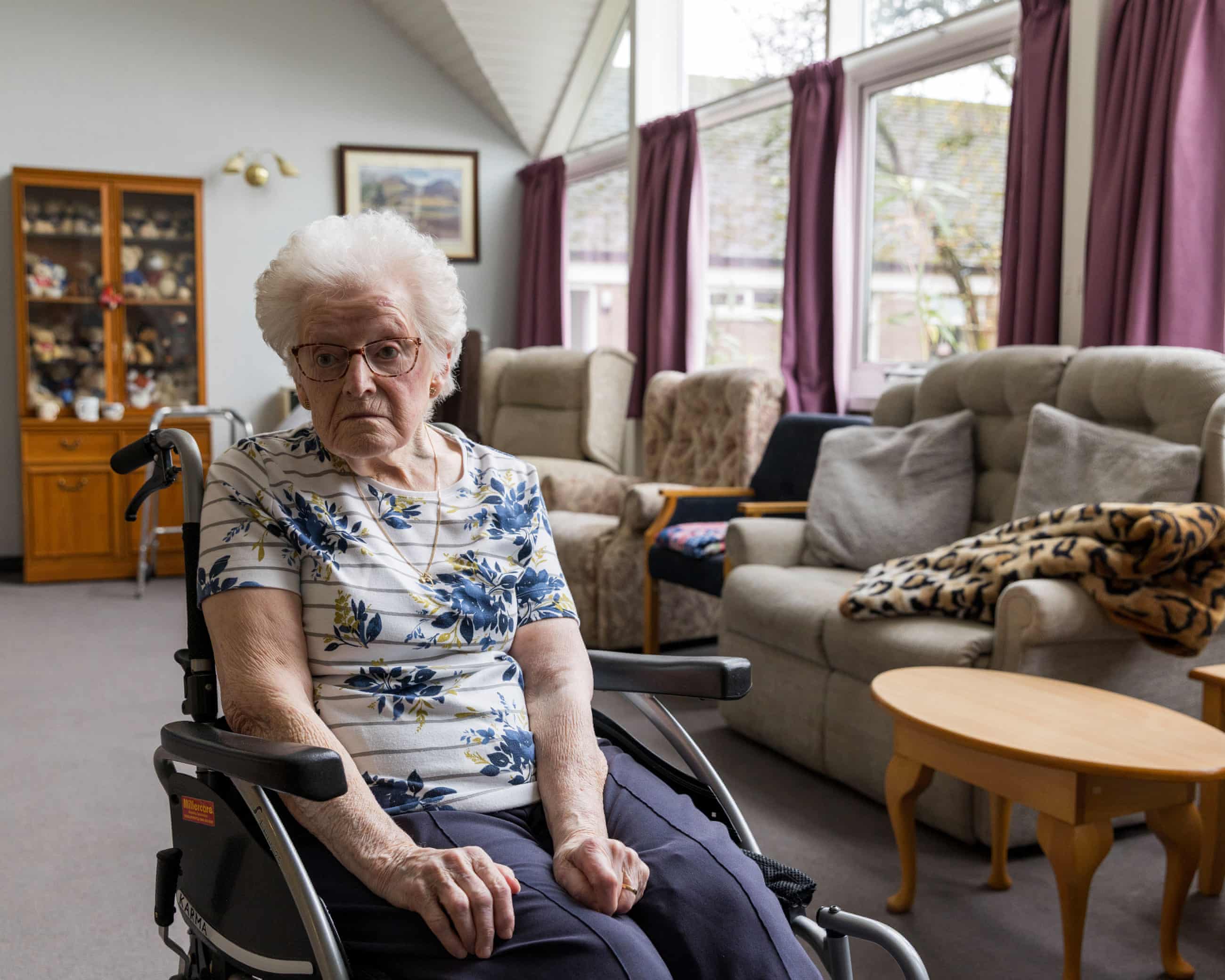
‘It’s cruel’: relatives of residents react to proposal to close Lancashire care homes